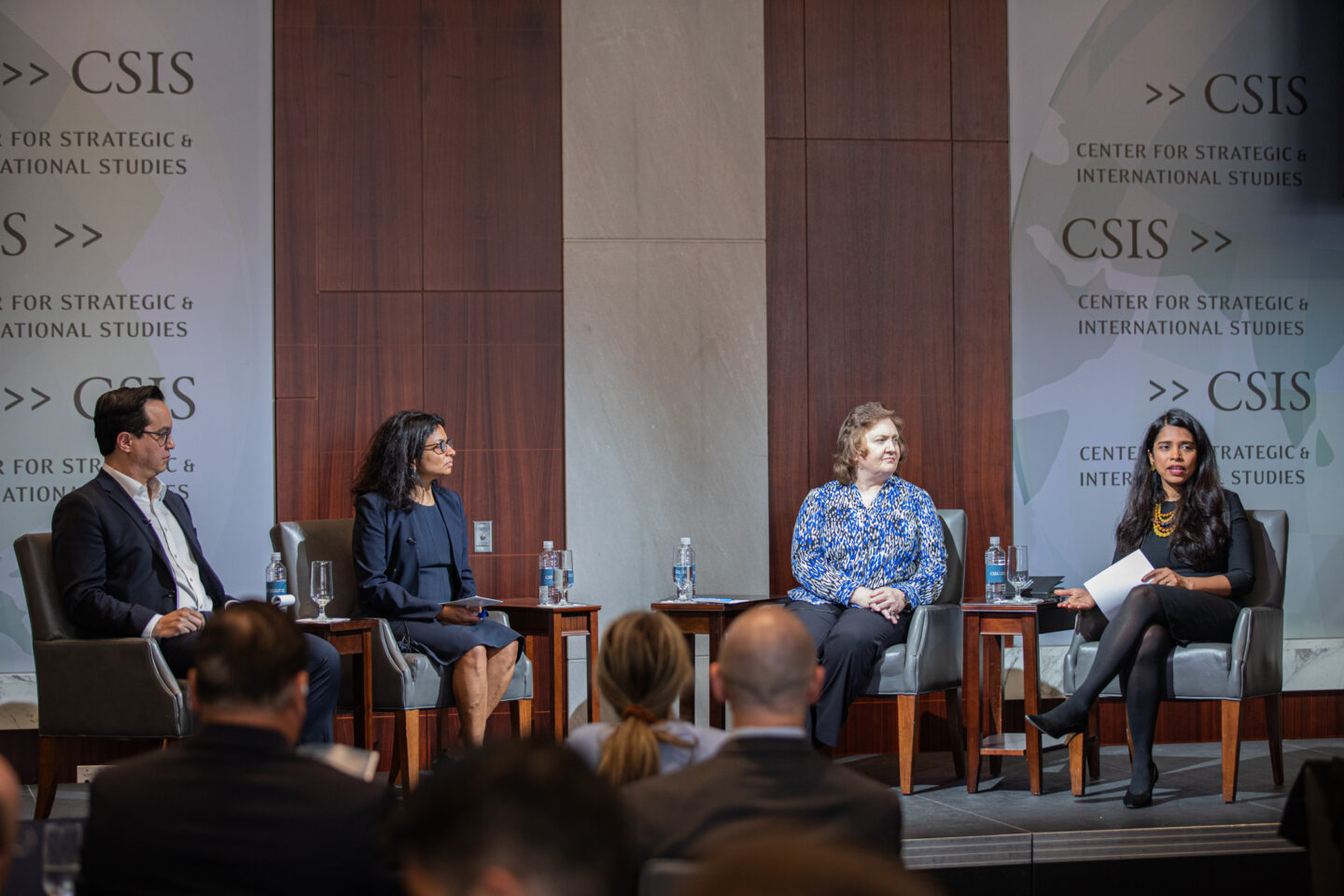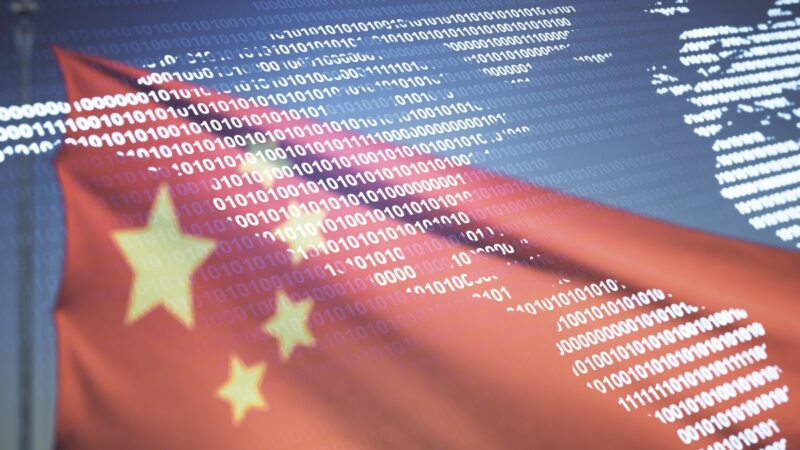(Transcript) 2024 LeadershIP Conference Panel II: Intellectual Property and Artificial Intelligence

This transcript is from the 2024 LeadershIP Conference hosted at CSIS on April 9th, 2024. Watch the full video here.
(DOWNLOAD) LeadershIP 2024 – Panel 2 Transcript
Panel Description: The Artificial Intelligence revolution has raised key questions that society has yet to answer, from pending litigation over training data ownership to questions around AI inventorship. This panel explores the pressing issues at the intersection of AI and IP relating to patents, copyrights, and trademarks.
Speakers
Dr. Kirti Gupta, Executive Director, LeadershIP
Dr. Lynne E. Parker, Associate Vice Chancellor and Director, AI Tennessee Initiative, University of Tennessee
Rama Elluru, Senior Director for Society and Intellectual Property, Special Competitive Studies Project
Phil Hill, Special Counsel, Covington


The U.S. IP Trade Surplus
